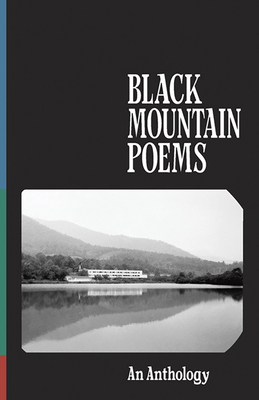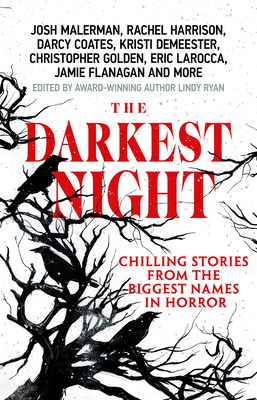
description
5Black Mountain College had an explosive influence on American poetry, music, art, craft, dance, and thought; it's hard to imagine any other institution that was so utopian, rebellious, and experimental. Founded with the mission of creating rounded, complete people by balancing the arts and manual labor within a democratic, nonhierarchical structure, Black Mountain was a crucible of revolutionary literature. Although this artistic haven only existed from 1933 to 1956, Black Mountain helped inspire some of the most radical and significant midcentury American poets.
This anthology begins with the well-known Black Mountain Poets--Charles Olson, Robert Creeley, Robert Duncan, and Denise Levertov--but also includes the artist Josef Albers and the musician John Cage, as well as the often overlooked women associated with the college, M. C. Richards and Hilda Morley.
member goods
No member items were found under this heading.
Return Policy
All sales are final
Shipping
No special shipping considerations available.
Shipping fees determined at checkout.







